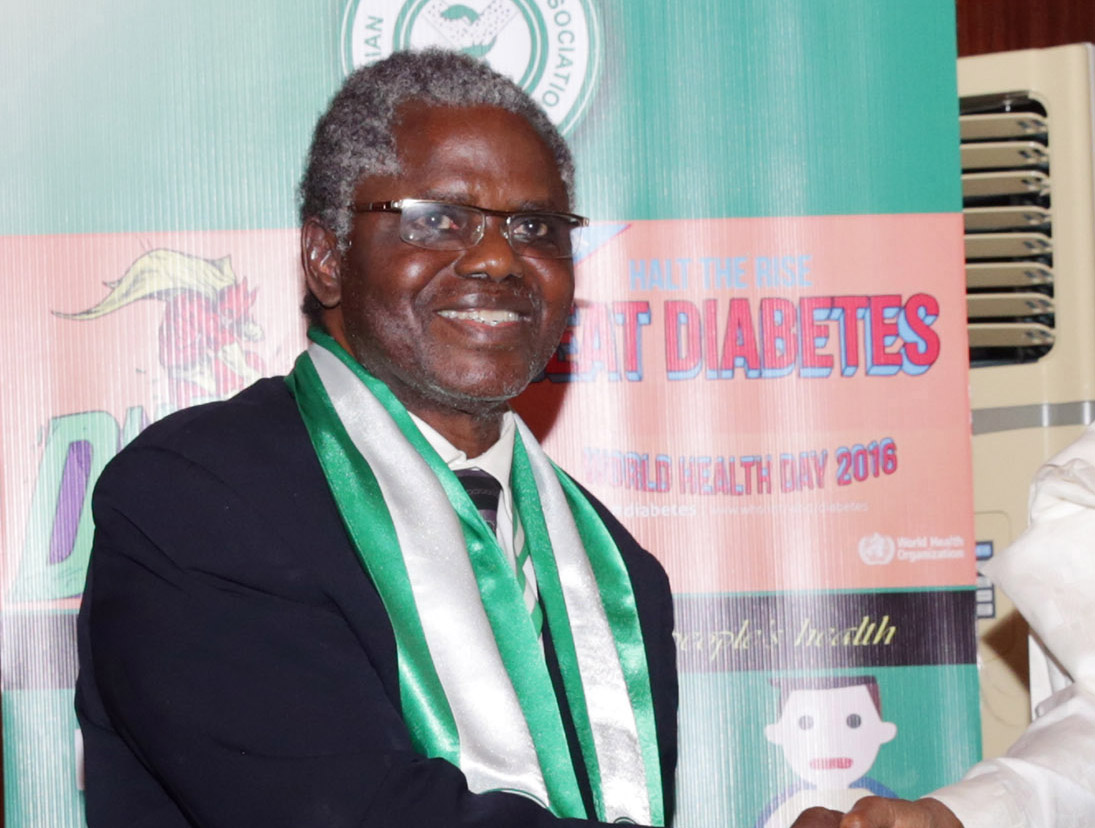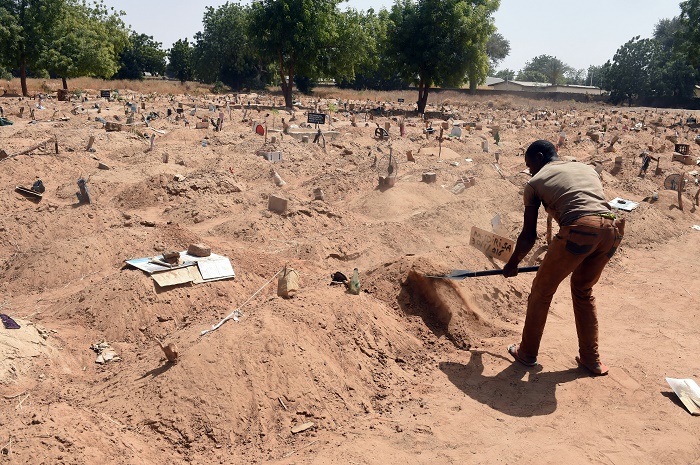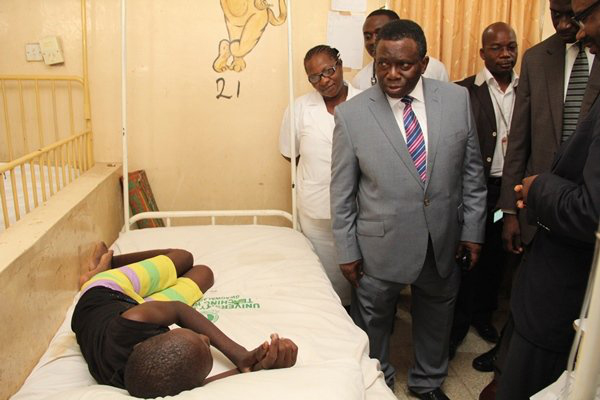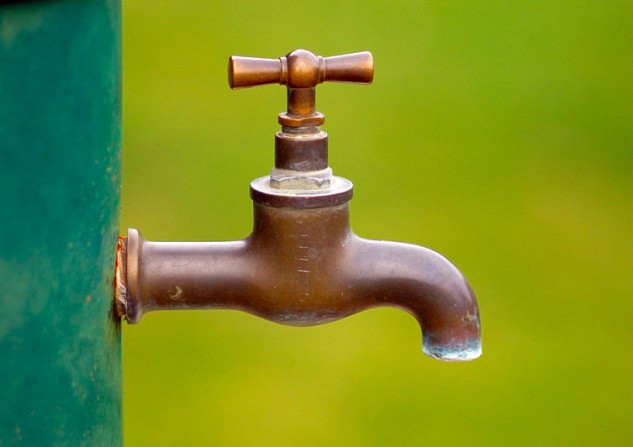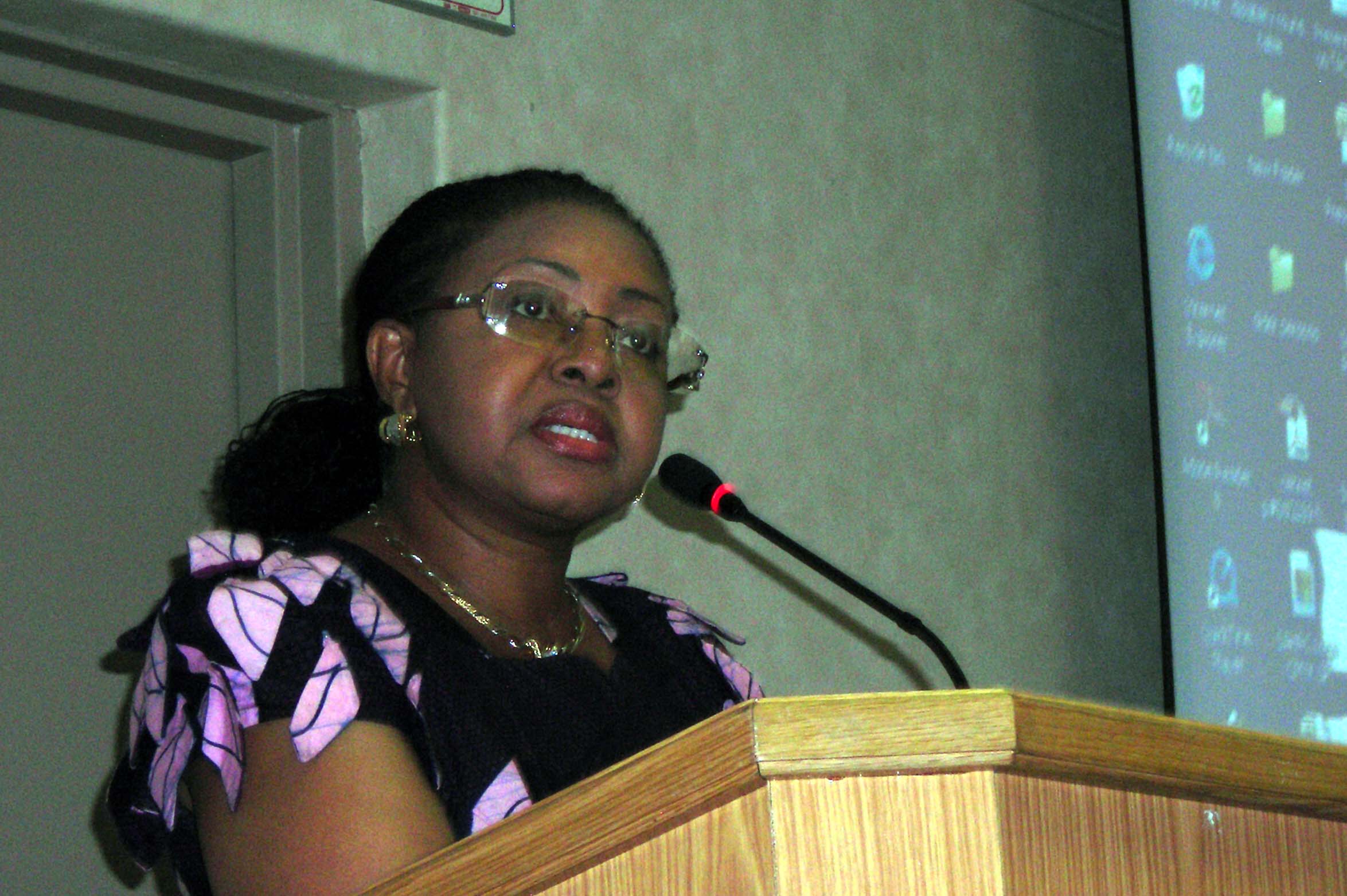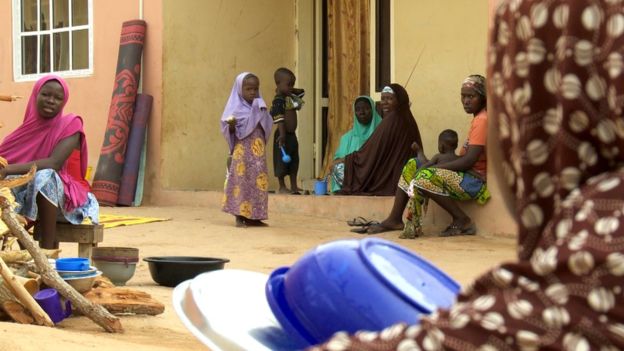Over 40,000 people died of diabetes in 2015, majority of whom could have been saved, Kayode Obembe, the president of the Nigerian Medical Association (NMA), has said.
Obembe (pictured) said this on the sidelines of the celebration of 2016 World Health Day with the theme: “Diabetes: Halt the rise – Beat Diabetes’’.
“We note with indignation that due to inequities in availability, affordability and accessibility of efficient and effective healthcare delivery in our nation, majority of the over 40,000 Nigerians who died from the condition in 2015 could have been saved,” he said.
“This is not forgetting the about 1million country men and women who have the disease.
Advertisement
“They are yet to be diagnosed and treated. This is outside another estimated 3.85million people with impaired glucose tolerance: a pre- diabetic condition,” he said.
Obembe noted that diabetes patients in Nigeria spend up to N53,000, annually, for treatment and management in a country where two thirds of the population live below poverty line.
“We empathise with more than 1.56million Nigerians who are having diabetes – constituting a national prevalence of 1.9 per cent; each of whom spends up to N53, annually for its treatment mainly as out-of-pocket expenditure.
Advertisement
He urged the federal government and other relevant stakeholders in the health sector to ensure that diabetic patients have access to affordable medication.
Obembe said this would help to reduce the rate of people that were suffering from the disease.
“Diabetes is one of the four priority non-communicable diseases (NCDs) targeted by world leaders in the 2011 Political Declaration on the Prevention and Control of NCDs and the SDGs 2016•2030
“Nigeria, as a signatory to the declaration, must implement the Global Action Plan which has to halt the rise of diabetes and obesity by 2025 as a target,” he said.
Advertisement
He said that the celebration’s aim was to “increase awareness about the rising prevalence of diabetes, its confounding burden and implications, especially in low-and middle-income countries.
Obembe called on the federal government to declare a national conscious day for health awareness and medical check-up in the country.
He said that health officials would educate the public on the importance of leading healthy lifestyles and going for regular medical check-ups.
“The ideals of healthy living include: consumption of healthy diets, regular physical exercises, good environmental sanitation, personal hygiene practices and the campaign against drug abuse.
Advertisement
“This is an opportunity to take another decisive step towards advancing universal health coverage (UHC) by expanding the national health insurance scheme (NHIS) coverage.
“This will afford Nigerians the opportunity to inculcate the culture of periodic medical check-ups by consulting their doctors and avoid self medication.
Advertisement
“Avoid abrupt stopping of medications without the directive of their doctor; avoid mixing of orthodox medicines with herbal and native remedies.
“Nigerians should take overweight condition and obesity very seriously, beginning with children and young adults, in order to mitigate the rising incidences of childhood obesity.
Advertisement
“Regular exercise such as school sports and age-group competitions should be re-introduced to support other physical fitness initiatives,” he said.
Obembe charged the Standards Organisation of Nigeria (SON) and the National Agency for Food and Drug Administration and Control (NAFDAC) to enforce their statutory mandates.
Advertisement
“Preventing the importation of all forms of fake and adulterated medical equipment and medicines accordingly, blood pressure (BP) and blood glucose measuring devices.
He also said that Nigerians who used their own devices at home should take them along when they attended clinics and hospitals for standardisation and calibration on regular basis.
